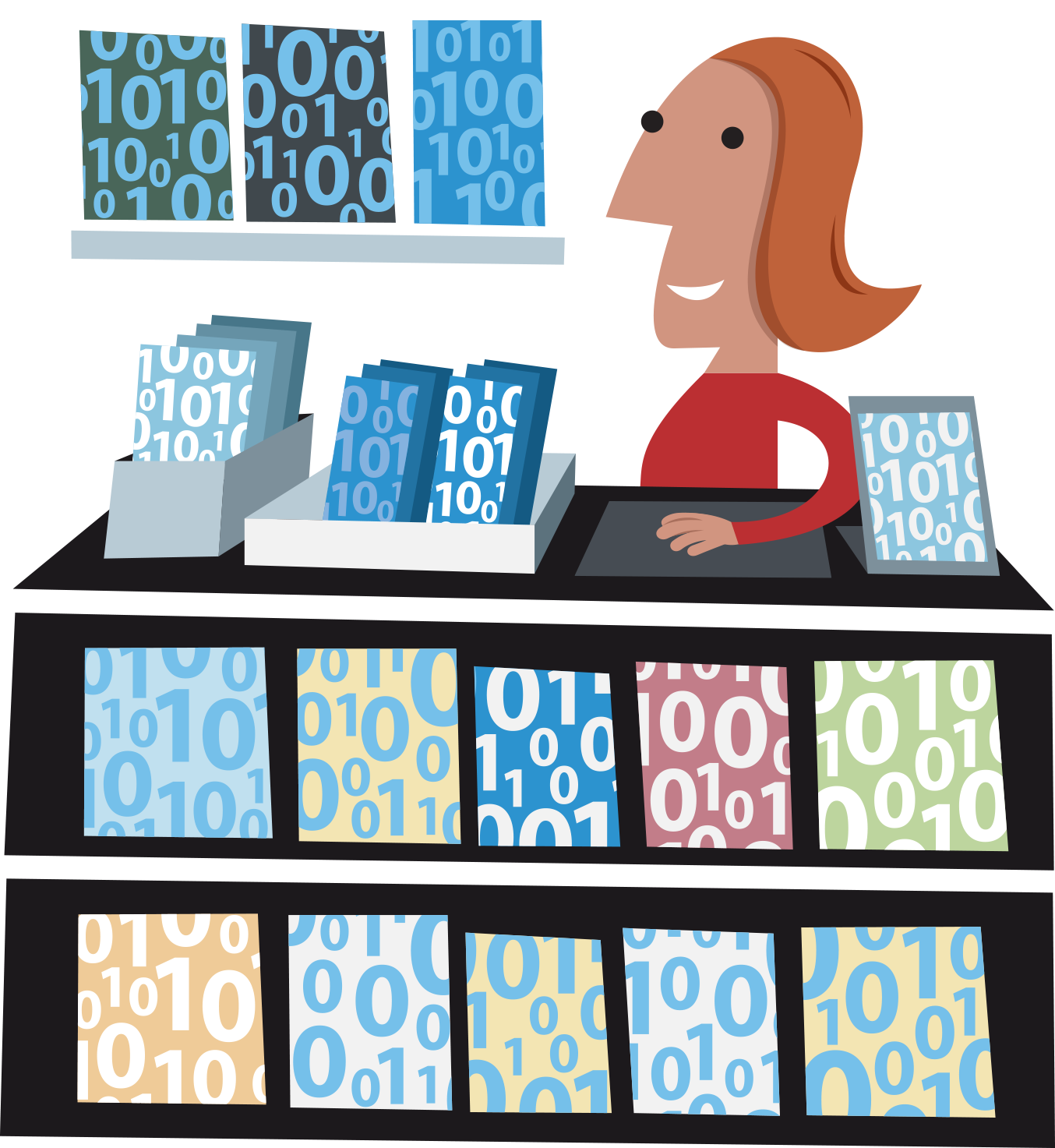A video about open data as a new standard
Please send your feedback about the current video (now: v.3)! script Open FAIR data is the new standard (actual srt file available on github) Research data shall be free, digital, shared and re-usable. Only while open it will reach its true potential. Fostering collaboration, open data accelerates research, and even years after its production, by allowing easy preliminary and meta-analyses, open data can bring research on the right track.




